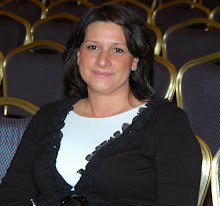
“It is one of the most beautiful compensations of this life that no man can sincerely try to help another without helping himself.”
~Ralph Waldo Emerson
The base of our work relies on the fundamental understanding that during every single part of our work an active exchange has to take place.
It is a teaching and a learning experience for all involved… teachers and pupils…
This interpersonal element involves learning to understand one’s self and each other in the context of a group, culture, or social setting.
Activities and programmes are diffused with cooperative group activities, value clarifications, moral dilemmas, and aesthetic responses.
During all exchange the intrapersonal element is also taken into account, which involves one’s emotions and intuition.
In dealing with emotions, we learn to identify feelings, and then connect them to external events or situations.
Learning to listen to our intuition teaches us how to use its general impressions and our sense of knowing apart from logic and emotion.
It is defined as simply honoring the inner while ascertaining ideals and values. We look for symbols, images, and impressions and then assign meaning to them.
Expression is given to what is discovered, through art, music, movements, drama, poetry and small group discussions where we are engaged in honest dialogues on what ever level and ways it might be able to take place.
Exploring and integrating the Human principles into the programmes, we seek to learn to know others and ourselves within the context of humanity.
All of our programmes are meaningful and activities are designed to increase understanding, and to move pupils forward while they are learning to connect to each activity on a personal level.
These activities are always aimed to make connection with the pupils’ inner and outer life, to promote a greater understanding of self and the understanding of others while becoming more and more self contained and independent in every day life.
© 2009 Szathmary Training & Consultancy
http://www.szathmarytc.com/
http://sourcesense.blogspot.com/2009/04/conductive-pedagogical-renaissance.html
 From day to day, my journey,
From day to day, my journey,






















